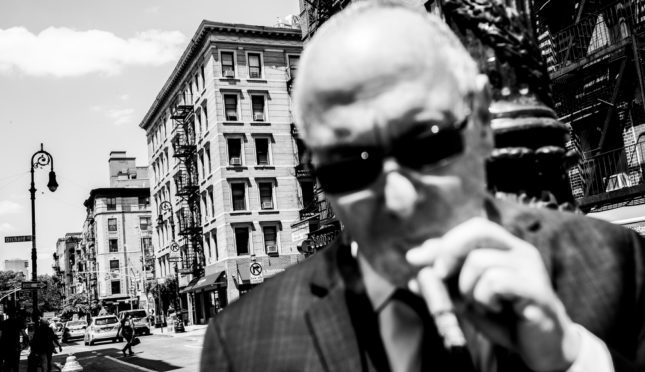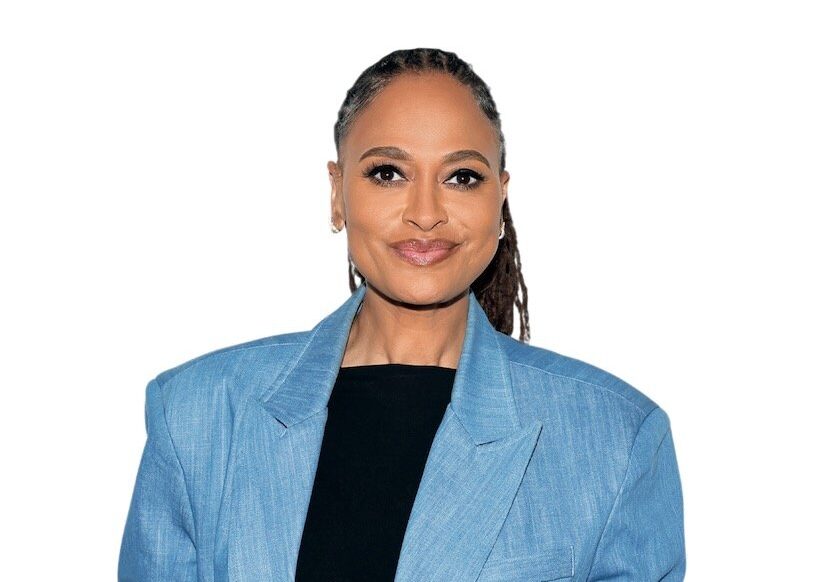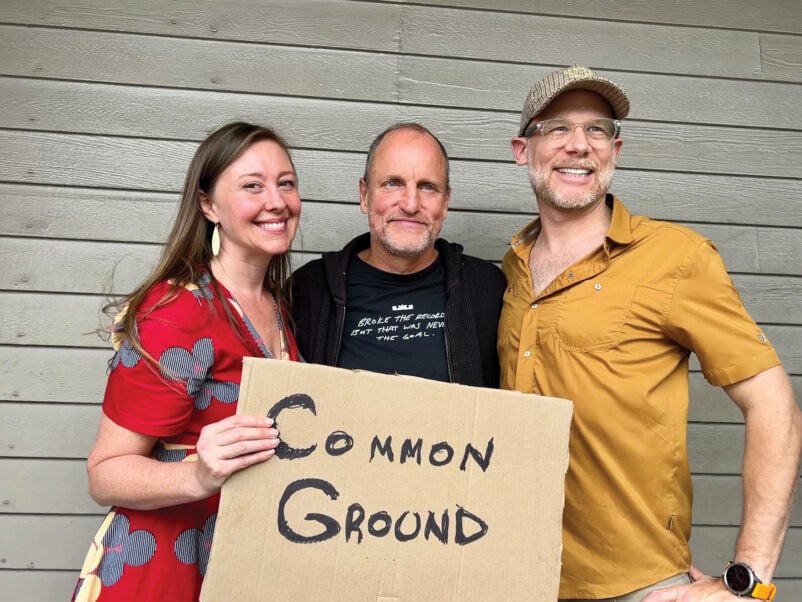Sam Antar likes to say that he has lived a life of crime. The grandson of Syrian Jewish immigrant merchants, he was 14 years old when he first went to work in the Brooklyn, N.Y., store owned by his cousin, Eddie Antar, that would eventually become infamous as Crazy Eddie, a discount purveyor of electronics.
Crazy Eddie became known for zany commercials promoting its “insane” prices, but by the late 1980s, the feds were investigating it for securities fraud.
As Sam Antar would later recount, Eddie Antar for years had been skimming the profits from cash-paying customers, paying employees under the table, engaging in insurance fraud and laundering money. And that was before Crazy Eddie went public and violated securities laws by overstating its income, among other accounting shenanigans.

“To me to it was exciting,” says Sam Antar, who started out in the stockroom and got a $1,500 Christmas bonus in his first year, 1971. “The money was good. There was this sense of pride and power from being able to do things that most people weren’t able to do.”
Now 62, Antar ended up cooperating with the feds, which helped them convict Eddie Antar on multiple charges, sending him to prison for a seven-year stretch. He died in 2016 at the age of 68.
The younger Antar, who had become Crazy Eddie’s CFO, pled guilty to charges of securities and mail fraud conspiracy and obstruction of justice. He spent six months under house arrest. Since then, Antar has become a forensic fraud expert for the FBI and other government agencies, including Treasury, the Department of Defense, the Secret Service and the Securities and Exchange Commission. He has taught classes on fraud detection and served as a whistleblower in several cases (including some he still can’t talk about).
He is also the coproducer of a new movie, Insane, about the Crazy Eddie saga, which is scheduled to be released in 2020 by Entertainment One, with Jon Turteltaub directing.
Worth recently talked to Antar about Crazy Eddie, the movie and his new life as a fraud expert.
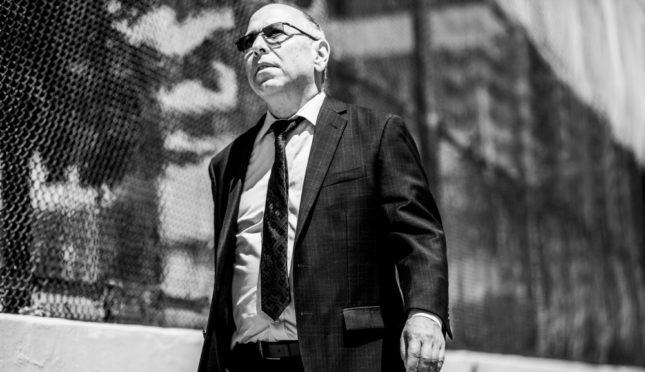
Q: How did you become the CFO of Crazy Eddie?
A: In 1975 Eddie [Antar] opened up his first store in Manhattan, and he said to me, “I want you to go to college and learn to become an accountant. We need a family member that knows numbers on the inside.” So he sends me off to Baruch College and pays me to go to school.

What kind of crimes was Crazy Eddie committing at that time?
We were garden variety income tax evaders and insurance fraudsters.
Did you know that it was illegal?
Yes, but this was the way of life that we led: us against the world, the government. The Syrian Jews had a deep distrust of the U.S. government.
What happened when you graduated from college?
Eddie had this plan to take the company public one day. And I said, “Eddie, if you’re going to go public, you’re not showing any profits, and public companies are valued at how much money they make. If you want to go public, we have to gradually reduce our skimming to zero.”
That sounds logical.
Now why not just stop skimming all at once? Because the second thing that public companies are valued on is growth and income. So if we’re gradually reducing our skimming, that’s going to create fictitious earnings growth, just by virtue of showing more of our profits each and every year. This is where the college education starts paying off—we created a securities fraud by going legitimate. Because of the gradual reduction in skimming, Crazy Eddie’s growth was exaggerated, which increased the stock price when we went public in 1984. But it gets even better than that. In 1986, two years after we went public, we created what’s known as the Panama pump scheme.
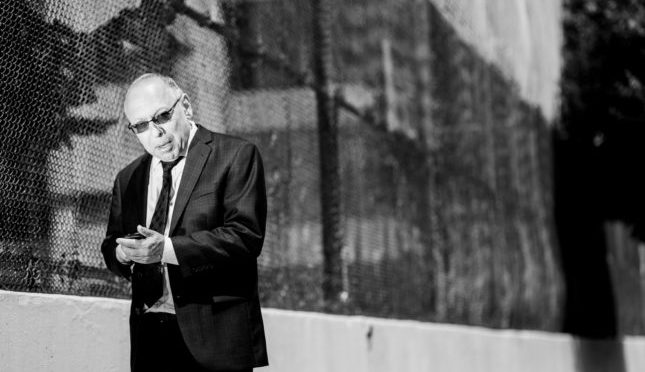
What was that?
Up until 1984, Crazy Eddie had accumulated large amounts of cash in secret bank accounts overseas in Israel. About a year and a half after we went public, we needed $1 million in the final quarter of fiscal year 1986 to make our numbers. So Eddie took $2 million that we previously skimmed from Crazy Eddie and put it back into the company as if it were sales. [The money from the Israeli bank was transferred to a bank up in Panama, which then transferred it to Crazy Eddie, where it was recorded as sales.]
Why was that such a great idea?
If I skim $2 million, and my income tax rate is 40 percent, I’m saving $800,000 in taxes. I put the $2 million back in, now I’m overpaying $800,000 in taxes, right? But I still have $1.2 million inflated after-tax income. If the company is valued at say 30 times earnings, I created $36 million in fictitious value by overpaying my taxes by $800,000.
Most kids, they learn how to wash their clothing and use a washer/dryer. I learned how to launder money.
So you’re taking illegal profits and plowing them back into the company.
It’s called money laundering. Most kids, they learn how to wash their clothing and use a washer/dryer. I learned how to launder money. College gave me the tools to help me help the company commit more sophisticated crimes.
Did Crazy Eddie have to resort to crime in order to make money?
A lot of people think that Eddie could have been the biggest retailing genius in the world, another Sam Walton maybe, had he not reverted to crime. But I say the only reason that Crazy Eddie was successful back in the early days was that most customers paid in cash. That made the skimming worthwhile and profitable.
So how did the feds start investigating and how did you end up cooperating with them?
Around 1987, a few things happened. Number one is the family started squabbling because there were a lot of internal rivalries. Eddie had thrown his father and his brothers out of the business. Eddie had another problem: He had a wife named Debbie and a mistress named Debbie, and they both spoke French and they were both blonde.
At the same time, the price of consumer electronics had dropped because of the commoditization of electronics, So the TV sets that you sold in 1986 for $500, the same TV set was selling for say $400, which meant that you had to sell many more units the following year to do the same sales volume.
That must have hurt the business.
Crazy Eddie’s stock price dropped from around $80 a share to $7. Eddie was concerned that somebody would take over the company so he made a bid to take Crazy Eddie private at $7 a share. Then a third party decides that Crazy Eddie was such a goldmine that they’re going to bid $8 a share for the company.
And they end up buying it?
Yes. They took over the company, and they discovered the fraud, and of course what’s going to happen? The FBI, the SEC, the IRS—everybody is after us.
So now you’ve got the FBI on your tail.
For two years I was fighting with the feds and not turning against my family. But by 1989, Eddie was distancing himself from me, and I was concerned that I was going to be left holding the bag because Eddie was moving most of his assets overseas.
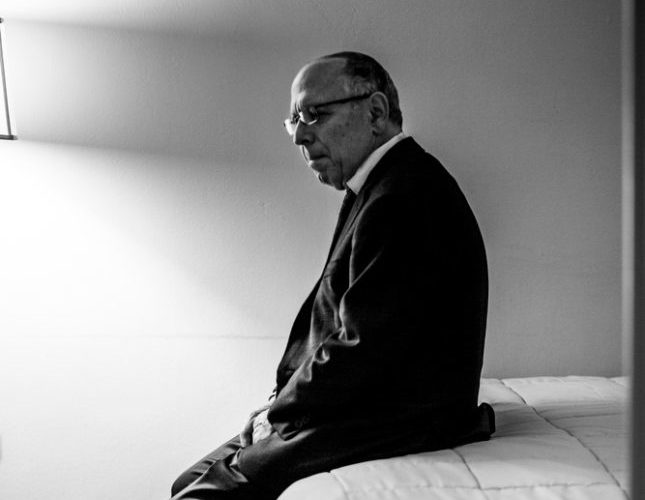
Because you’re the CFO.
Right. So in March of 1989 I made a deal and I started negotiating with the feds. Now, when they first investigated the Crazy Eddie fraud, they only knew the securities fraud—from 1984 to 1987 when we were inflating the income. They didn’t know about the Panama pump, they didn’t know about the skimming before we went public or the gradual reduction of skimming. I added a whole new dimension to the case. And the feds were fascinated by this young guy who knows all of these sophisticated financial crimes. And they took a liking to me. So of course, I ended working with the feds, and eventually Eddie got prosecuted and went to jail.
How did your relationship with the FBI evolve?
They took me under their wing. I was like an orphaned child from the Antar family. It transcended into a long-term relationship. They started recommended me for work. It helped put me on the right track.
This is all being made into a movie called Insane that’s due to come out next year. How did the movie happen?
Around 2007, Eddie was going to make a movie with Danny DeVito. Unfortunately, Eddie was trying to make a movie that was going to glamorize him and minimize the crimes. It fell apart, but several years later I ran into the screenwriter, Peter Steinfeld, on Twitter when he posted something about doing research on the Crazy Eddie movie. We started talking about it, and I told him the whole Crazy Eddie story and he was fascinated.
Was Eddie still alive at this point?
Yes, but after he passed away, all of a sudden there was more interest in doing the movie. I said, “Okay, do not glamorize me as a hero. I was a cold-blooded crook. As long as you’re going to do a movie like that, that’s fine. So they came up with this format whereby the movie is intended to be seen through my lens, as the government’s key witness in the case—like I’m testifying in the case.
You’re an associate producer on the movie. What was your role?
Reviewing the script. And I provided a lot of documentation to back up the movie. It’s not a documentary. But the fictionalization will be consistent with the truth.
Are you going to make a lot of money on this?
No. I’m just getting paid for my time.
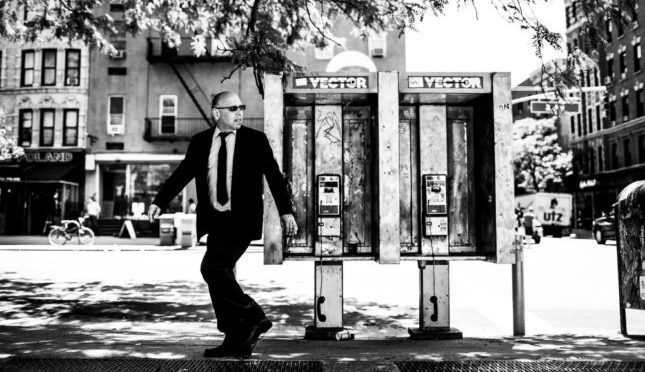
Besides the movie, you’ve also become a fraud and white-collar crime expert. How did that come about?
Even though I lost my CPA license, the government didn’t take away the most important element, the knowledge that I gained in order to have that CPA license. I had passed the CPA exam with one of the top grades in the country, plus I had pulled off a financial scam. I have this unique knowledge as to the nature of accounting fraud so the FBI started inviting me to Quantico [where the FBI and DEA training centers are located] to teach. There’s a list of 200 government agencies and other places that I’ve taught at, like Stanford University, listed on my website [whitecollarfraud.com]. I’ve also worked with class action law firms. They hired me as a forensic accountant.
Are there any frauds that the SEC has investigated or that they have filed charges that you have helped on?
Overstock, when it was cooking the books up until 2008. Overstock had inflated its income. I brought it to the attention of the SEC, which made it restate its income. I’ve been a whistleblower in another case, but I can’t tell you on the record.
Did you get the reward?
We are still waiting for the check, but the company paid the SEC $14 million dollars in penalties, and the whistleblower gets between 10 and 30 percent. There have been plenty of cases where I have assisted the SEC, but it’s pretty much under the radar.
Is the SEC less aggressive these days in fighting white-collar crime?
We are in the new era of the SEC, which is basically a slap on the wrists to the criminals. Any shmuck can do crime today. There’s an old saying that a prosecutor can indict a ham sandwich. Today prosecutors won’t indict a ham sandwich that pretends to be kosher salami. We basically turned prosecutors into tax collectors, where people can just effectively pay for the crimes, claim that they are not going to do it again and start all over again. Today there are fewer federal referrals for white-collar crime than there were in 1987 when I was in the middle of the Crazy Eddie fraud.
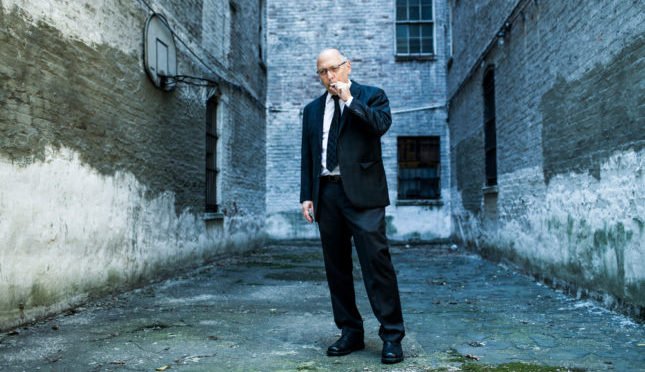
So what’s the biggest ongoing or potential fraud you see today?
Tesla. I think Elon Musk would never have been able to get away with the stuff that he’s pulling today back in my day.
What kind of stuff are you referring to?
Take his infamous tweet where he claimed, “Am considering taking Tesla private at $420. Funding secured.” Since it was demonstrated that funding was not secured, the tweet was prima facie fraud. That was relatively easy to prosecute as compared to accounting fraud cases. Musk has made it well known that he hates short sellers and that tweet buried them as the price of Tesla shares initially soared. The SEC sued Musk and he settled for a mere $20 million fine, pocket change for a crook worth over $20 billion. They acted like meter maids issuing parking tickets.
Why do you think the government is less aggressive today than it was in the ’80s?
White-collar crime requires a lot of resources. It requires a long time frame to investigate. Everybody thinks that white collar investigation is like a two-hour movie. It’s not. It’s a two- to four-year investigation, which might or might not bear fruit. And most of these people that are working in these positions in the government aren’t going to be there for two to four years.
In terms of the upcoming presidential election, who do you think would be the toughest on such crime?
Elizabeth Warren. She would be a scourge for white-collar criminals.

